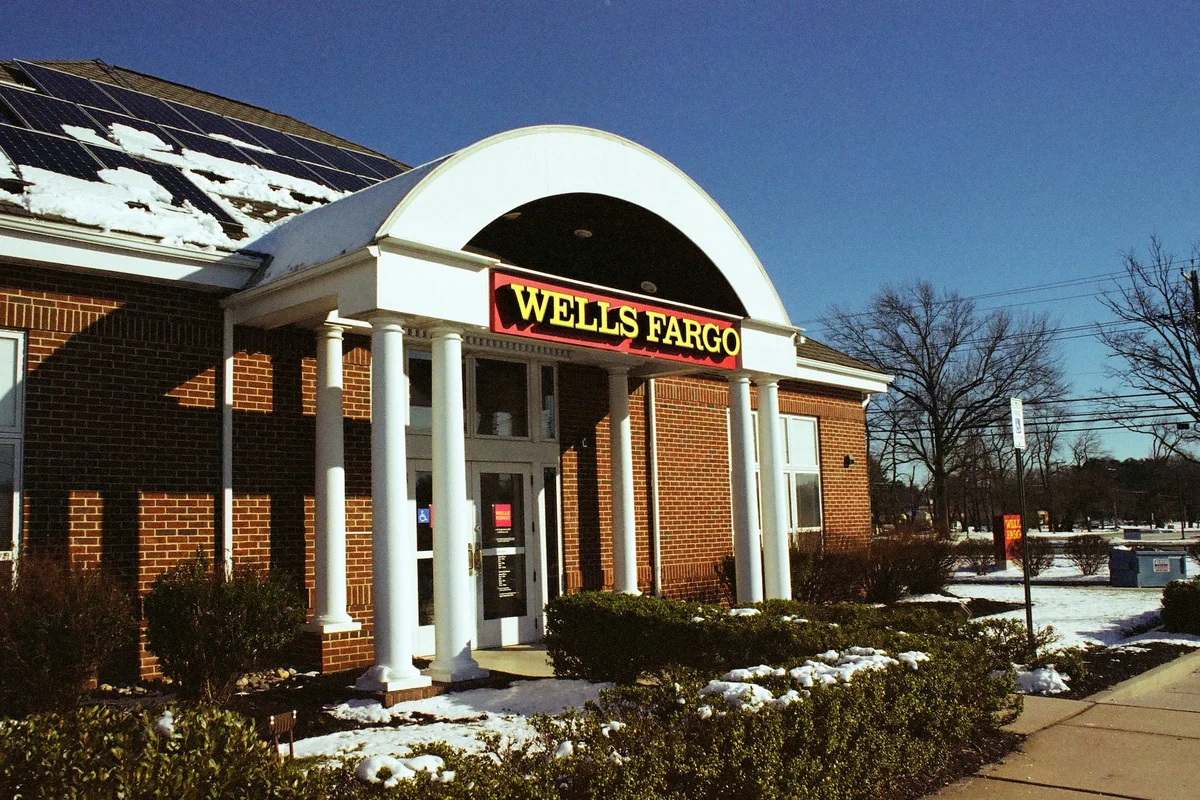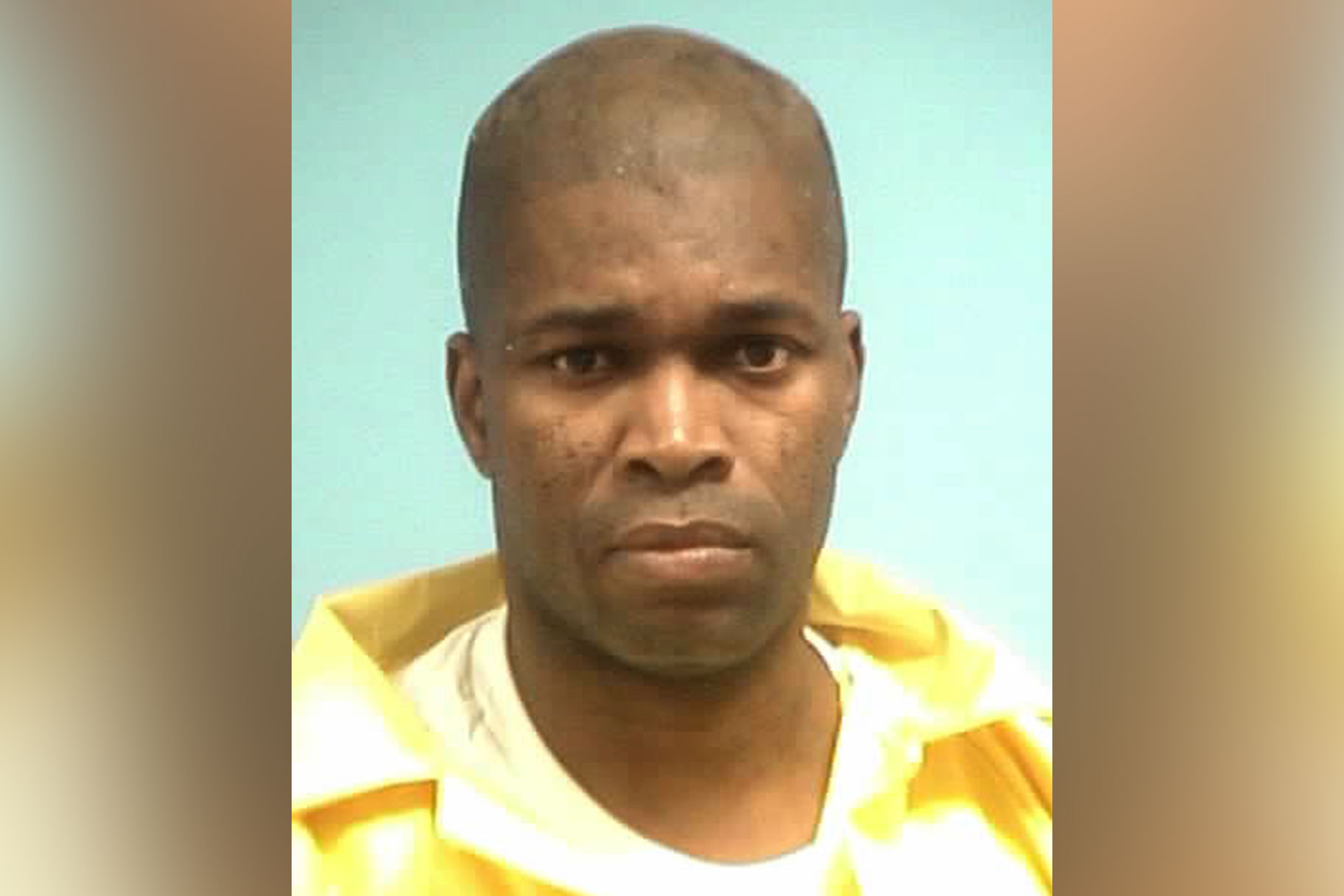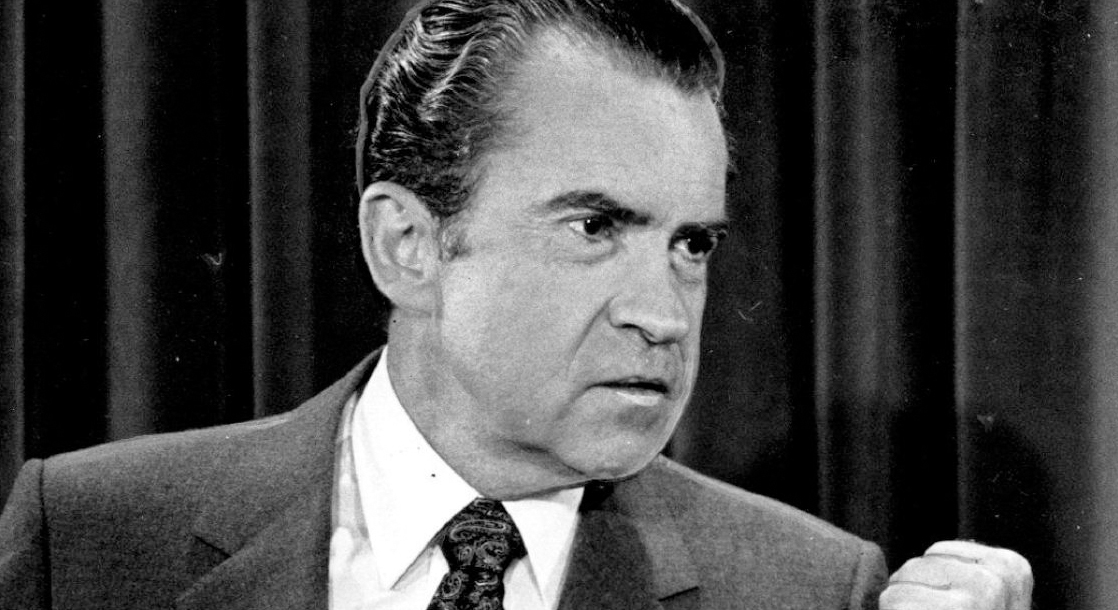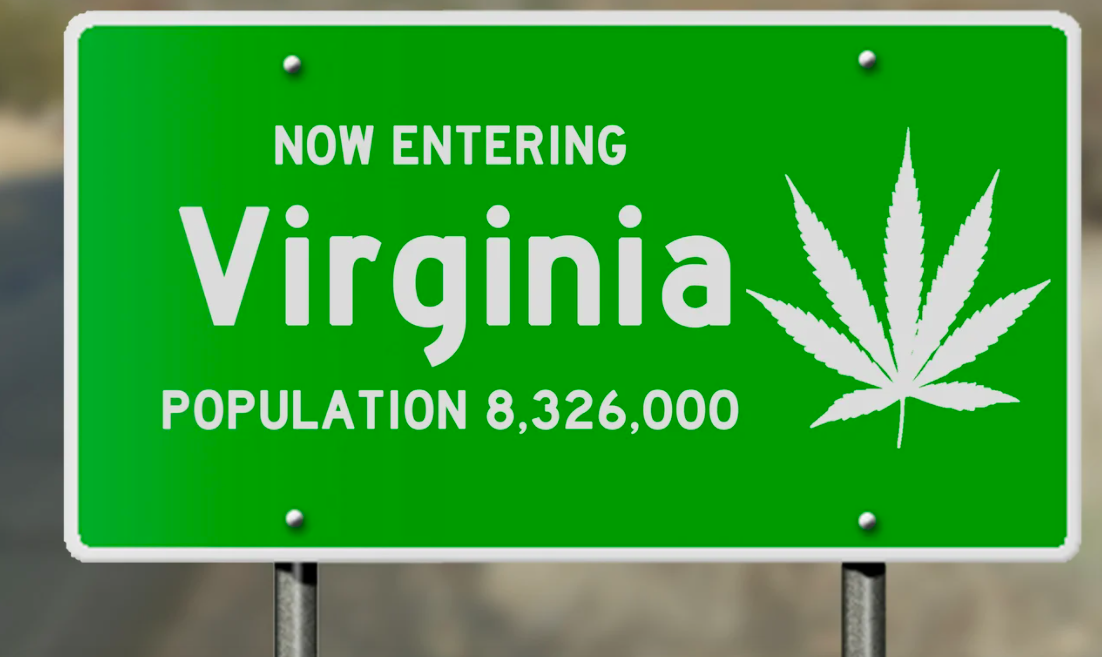Image via
Prohibition propaganda group Smart Approaches to Marijuana (SAM) just narced on Wells Fargo for agreeing to handle adult-use cannabis taxes in Maryland.
Last month, a Maryland tax official announced that he had reached an agreement with Wells Fargo to receive and process sales tax revenue generated by the state’s new adult-use industry. Federal law explicitly prohibits financial institutions from handling profits linked to Schedule I drugs, which has forced most legal weed businesses to pay their taxes in cash. In order to avoid this problem, state tax officials decided to avoid explicitly mentioning marijuana on their financial forms.
“This was a heavy lift and something we had to do,” said Rob Scheerer, director of the Maryland Office of the Comptroller’s Revenue Administration Division, at a recent banking conference, Marijuana Moment reports. “In order to protect the banks, we can’t even call this cannabis on the tax return.” Instead, tax officials have “craftily called this ‘A sale subject to the 9 percent rate under Senate Bill 516 of 2023.’”
The workaround was applauded by the local cannabis industry, but Scheerer’s open admission to the “crafty” coding drew the attention of the ever-watchful SAM. The group, led by notorious cannabis watchdog Kevin Sabet, wrote an open letter demanding that Maryland and Wells Fargo terminate their agreement. SAM also attempted to rope the feds into the picture by CC’ing US Attorney General Merrick Garland, Treasury Secretary Janet Yellen, and Erek L. Barron, the US Attorney for Maryland.
“The workaround by the Maryland government reported on in the media is a clear attempt to protect banks from thoughtfully crafted federal regulations,” SAM wrote. In a separate statement, Sabet called the decision “a slippery slope that should be deeply concerning to Marylanders… By permitting banking access for marijuana revenues linked to an increasing drug use and addiction crisis, Maryland is opening the door for banks to benefit from the sale of other illicit substances.”
Wells Fargo was quick to rebut these claims, and Maryland officials quickly followed suit. “Recent media reports that we have been working with the State of Maryland to bank the marijuana industry are false,” the bank said in a statement reported by Marijuana Moment. “We provide certain services to the State of Maryland related to the State’s collection of tax revenue.”
“Wells Fargo Bank provides lockbox and other treasury management services to the State of Maryland, including such services related to the collection of state tax revenue,” the Maryland Comptroller’s Office said. “All due care has been taken by State officials and Wells Fargo to ensure that the collection of the Maryland sales and use tax, and the State’s handling of that tax revenue, complies with applicable laws and regulations. Any inference or assertion that these processes have been designed to evade any applicable laws or regulations is incorrect.”
So far, there’s no indication that the feds are willing to step up and intervene in the matter. Several other adult-use states have launched similar workarounds to allow banks to place weed tax revenue in their accounts, and the feds haven’t cracked down on them yet. Banks have historically been adverse to violating federal cannabis banking laws, though, and Mastercard recently banned banks and payment processors from making weed transactions using its debit cards.
A recent decision by the Biden administration may shut the door on cannabis banking issues once and for all, however. Last week, the US Department of Health and Human Services (HHS) recommended that the DEA reclassify cannabis as a Schedule III drug. This reclassification wouldn’t decriminalize cannabis at the federal level, but it would allow banks to work with state-legal cannabis businesses and handle taxes for Maryland and other adult-use states.











